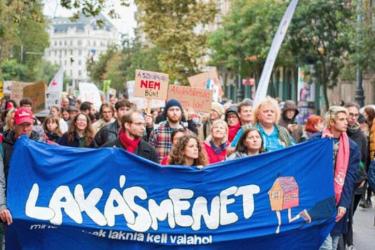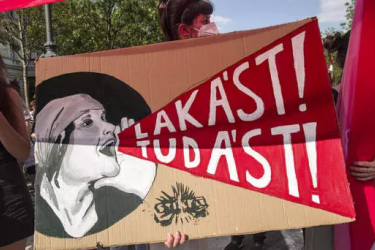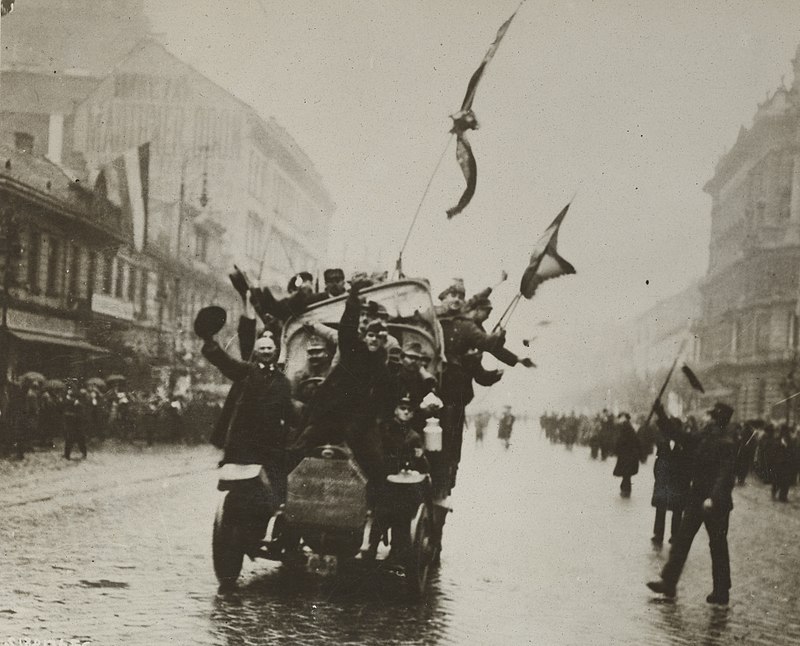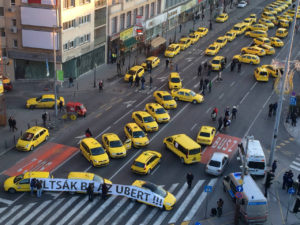Hungary

From “Returning to Europe” to “Occupying Brussels”

Walden Bello — Fascism is at the gates. How should we counter it?

The resistible rise of the far right in Europe

Hungary: The radical left against Bolsonaro’s friend

Hungary: Can a few sparks light a fire?
Hungary and Slovenia: Two populisms

By Joachim Bec
Without a left alternative, resistance channels behind the far right

By Tamás Krausz and Attila Antal
Lenin’s Boys: A short history of Soviet Hungary

By Doug Enaa Greene
Central Europe and Central America: Will there be a historical convergence?

By Joyce McCracken
Precarious employment and the role of trade unions in post-socialist Central Europe

Venezuela: Chávez elment, de a chavizmus megmaradt

[English at http://links.org.au/node/4546.]
Írta: Federico Fuentes
2015. augusztus 06 -- Green Left Weekly/Latin-Amerika Társaság -- A 2013-ban elhunyt Hugo Chávez egykori venezuelai elnök és forradalmi szocialista július 28-án lett volna 61 éves. Bár Chávez eltávozott, emléke a venezuelai politikai színtér kitörölhetetlen része maradt.
December 6-án Venezuela huszadik alkalommal fog az urnákhoz járulni azóta, hogy Chávezt 1998-ban először elnökké választották. Eközött a két időpont között a szegénypárti átalakítási folyamat jelentősen visszavetette a szegénységet és hatalommal ruházta fel a szegény többséget.
Komoly akadályokkal is felmerültek, amely akadályozzák és veszélyeztetik a „bolivári forradalom” – ahogyan a Chávez által vezetett folyamatot hívják – fennmaradását.
A decemberi nemzetgyűlési választás egy újabb kritikus ütközetet jelent azok között, akik 15 éven keresztül támogatták vagy ellenezték Chávezt.
A chavista erők számára létfontosságú a győzelem, hogy megvédjék és elmélyítsék a forradalmat.
Georg Lukacs: Lessons for struggle today
Doug Enaa Greene's lecture on Hungarian Marxist Georg Lukacs (1885-1971) an